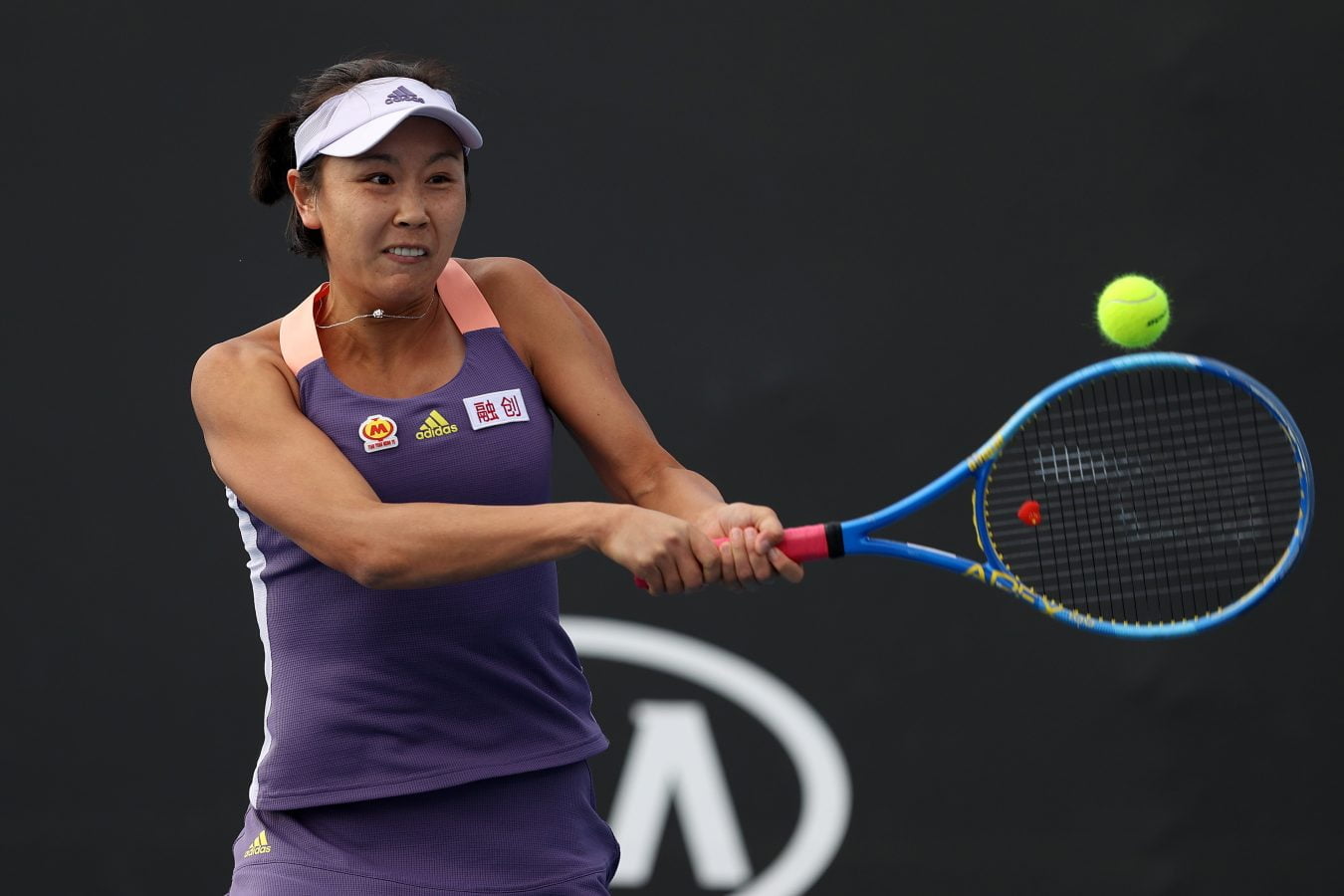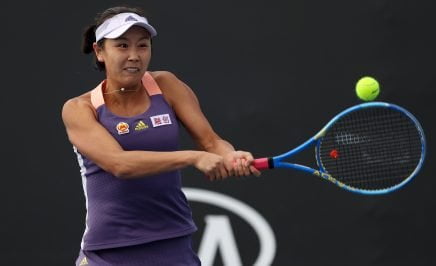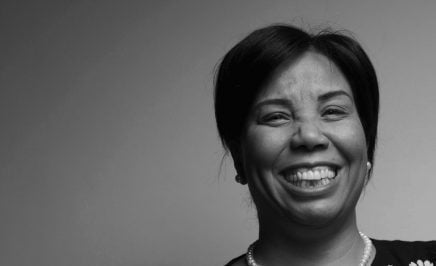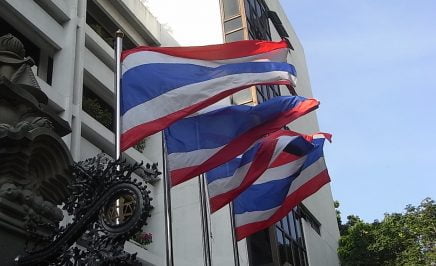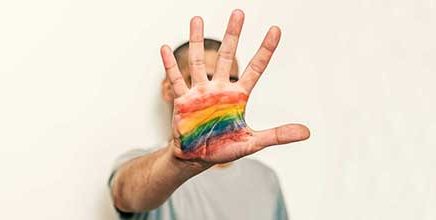Responding to increasing concerns for Chinese tennis player Peng Shuai, who has not been seen publicly since she made sexual violence allegations against a former senior Chinese politician two weeks ago, Amnesty International’s China Researcher Doriane Lau said:
“The Chinese government has systematically silenced the country’s #MeToo movement. Given that it also has a zero-tolerance approach to criticism, it is deeply concerning that Peng Shuai appears to be missing after accusing a high-ranking former government official of sexual assault.
“Peng’s recent so-called statement that ‘everything is fine’ should not be taken at face value as China’s state media has a track record of forcing statements out of individuals under duress, or else simply fabricating them. These concerns will not go away unless Peng’s safety and whereabouts are confirmed.
“While it is currently difficult to speculate on the reasons behind Peng Shuai’s apparent disappearance, what is clear is that her allegations of sexual violence by a senior politician must be properly investigated by the Chinese authorities.
“Peng Shuai’s case highlights the treatment faced by women survivors of sexual abuse in China, whose allegations are routinely ignored and who are often targeted for speaking out.”
Background
In a post on the Chinese social media website Weibo on 2 November, Peng Shuai accused retired Chinese Vice Premier Zhang Gaoli of coercing her into sex.
Discussion of the allegations was quickly censored on Chinese social media, and the original post – which read, “you brought me to your house and forced me and you to have relations” – is no longer visible online. Zhang Gaoli served as the country’s Vice Premier between 2013 and 2018 and is considered an ally of president Xi Jinping.
Peng has not been publicly heard from since the Weibo post, aside from an email she supposedly sent to tennis authorities – released by the TV channel CGTN on Wednesday – in which she says allegations of sexual assault are “not true” and that “everything is fine”.
China has a history of releasing forced “statements” on behalf of human rights activists. For example, state TV aired the “confessions” of Chinese human rights lawyers Wang Yu and Jiang Tianyong when they were in detention.
